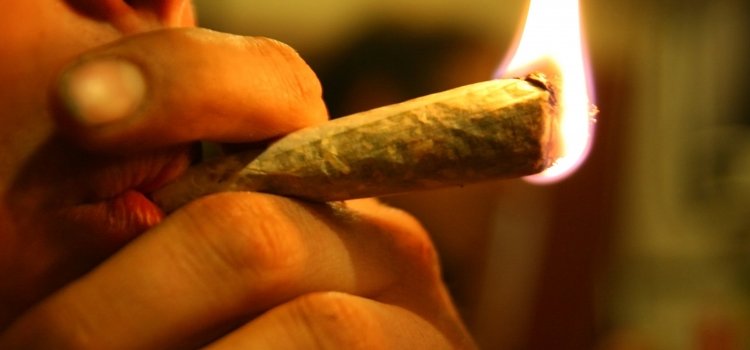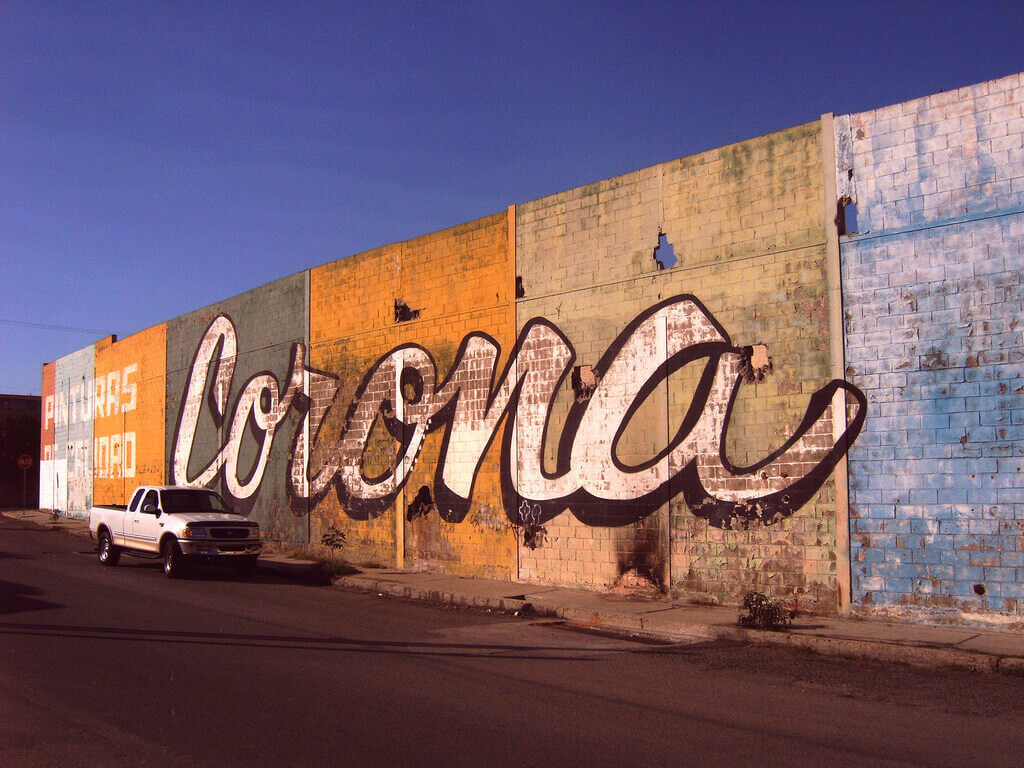After a turbulent campaign and what was a shock election for many, the dust has begun to settle. President Elect Donald Trump has started appointing his new administration and he has named Jeff Sessions as his pick for attorney general. Sessions has been vocal in his hard line stance on drugs, in particular condemning marijuana and the wave of legalization across the country. He is and has been firm in his belief that marijuana is an illegal and harmful drug, proclaiming that it is more dangerous than alcohol. Earlier this year at a hearing of the Senate Caucus on International Narcotics Control he called-out the current administration claiming that “we need grown-ups in charge in Washington to say marijuana is not the kind of thing that ought to be legalized, it ought not to be minimized, that it’s in fact a very real danger.” He also stated that the message which needs to be sent out to the American people is that “good people don’t smoke marijuana”
Senator Jeff Sessions speaking at the Caucus of International Narcotics Control
Marijuana laws have come a long way after a meandering road of prohibition and decriminalization dating back to the first decriminalization measure in Oregon in 1973. Today there are 26 states with laws legalizing marijuana either for medical or recreational purposes. This approach of decriminalization follows what has essentially been a failed war on drugs. An attorney general so fearful of marijuana is certain to undo the work that has been done by his predecessors in changing the arsenal to decriminalization. Sessions has been extremely hostile to legalization and has been clear that a revert back to approaches adopted by Nixon and Reagan are his intent. There is no doubt that his appointment would prove regressive and inevitably result in a strain on our justice system and prisons.
This appointment looks likely to also dismantle the country’s National Drug Control Strategy which was clear that reform of our drug policy was crucial; focusing on scientific, evidence based prevention programs, and increased access to treatment. It also put a renewed emphasis on recovery, in addition to criminal justice reform. The Obama Administration gave a full commitment to this approach just last year, with Obama himself explaining that the “war on drugs has been so heavy in emphasising incarceration that it has been counterproductive.” He believed that this approach was pushing young people further into lives of crime and prevented them from availing of potential employment opportunities.
We have documented the country’s war on drugs, the truce, and the new approaches over the past 2 years. In a piece last year we were clear that “the drugs epidemic continues to be seen as a criminal issue rather than a public health issue, until this changes in all departments tasked with tackling it, criminalization will continue.”. Criminalization has not and is not working but we have seen international success stories with decriminalization. This approach has the potential to reduce street violence, reduce overcrowding in prisons; it has also been proven to reduce harm to addicts and has a genuine potential to eliminate organised crime and the black market.
A joint report released last month by the Human Rights Watch and the American Civil Liberties Union (ACLU) holds the same view regards to criminalization. Tess Borden the report’s author explained that “Every 25 seconds someone is funneled into the criminal justice system, accused of nothing more than possessing drugs for personal use. These wide-scale arrests have destroyed countless lives while doing nothing to help people who struggle with dependence.”
With an already high arrest rate and an exhausted criminal justice system, one can only presume that our prisons and courts will be even more packed with the appointment of Senator Jeff Sessions.


